|
Having trouble viewing this email? View it in your browser
|
|
January, 2018
|
|
Dear friends of agri benchmark,
|
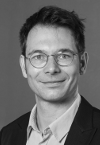
|
looking back, 2017 has been a quite dynamic year. agri benchmark Fish is participating in two large EU research projects – CERES and SUCCESS. More importantly, there is a growing demand of our expertise in implementing the typical farm approach. The Thünen Institutes of Fisheries Ecology and Sea Fisheries moves from Hamburg to Bremerhaven. The last agri benchmark Fish scientific article was honored by an award. Find this and further exciting news in our third agri benchmark Fish newsletter.
|
|
Enjoy reading, enjoy life! A happy new year 2018!
Best regards,
|
Tobias Lasner
agri benchmark Fish Coordinator
|
Results on Carp Farms in Poland and Germany
|
| Carp farmers face many challenges: changed consumers’ preferences; price competition; value chain’s imbalances; poor willingness to adapt innovations; lack of farm successors; high fish losses due to cormorants and other animals; diseases; shortage of water; poor infrastructure; de-population of rural areas. In the carp regions Aischgrund (Germany) and Barycz Valley local stakeholders have established a wide range of region-marketing initiatives to attract tourists and strengthen the local identity with carp farming: guests information offices, carp festivals, fish farming museums, Protected Geographic Indication (PGI) and local labels, network of restaurants and fish farmers, pond guides, school teaching materials and new products.
|
Often these initiatives are supported by EU programs. However, our results show that small scale carp farms hardly benefit from region-marketing effects. Future (public) transfer payments should support small scale carp farms, to honor and maintain their ecosystem and cultural services for the unique pond landscapes.
|
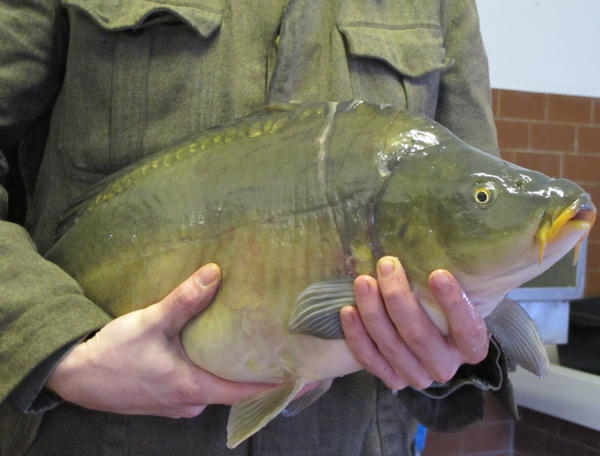
| |
|
| In contrast, region-marketing seems to be a good strategy to enhance direct marketing opportunities for medium sized carp farms and hence to improve their profitability. In case of large farms, region-marketing enhances the national recognition of their products, which could have a positive impact on the demand and price development. This study is part of the EU research project Strategic Use of Competitiveness towards Consolidating the Economic Sustainability of the European Seafood Sector (SUCCESS). An article of the results will be published soon.
|
Economics of Cork Fish Feed
|
| The effective removal of fish faeces from production waters is crucial for aquaculture in recirculating systems. There are different approaches on how to optimize faeces’ removal and to enhance the stability of the system. One approach is about getting floating faeces by using fish feed added with cork. This has been studied and tested under commercial conditions in southern Germany.
|
| Both in terms of compatibility to fish physiology and technical feasibility the results were promising. New water filtration technique using faeces collector was tested to absorb the solid swimming fish faeces. By that water quality improves significantly, which enables a higher production within the same production system. At the same time, this has consequences for investments (and depreciation) as well as higher feed costs have to be expected.
|
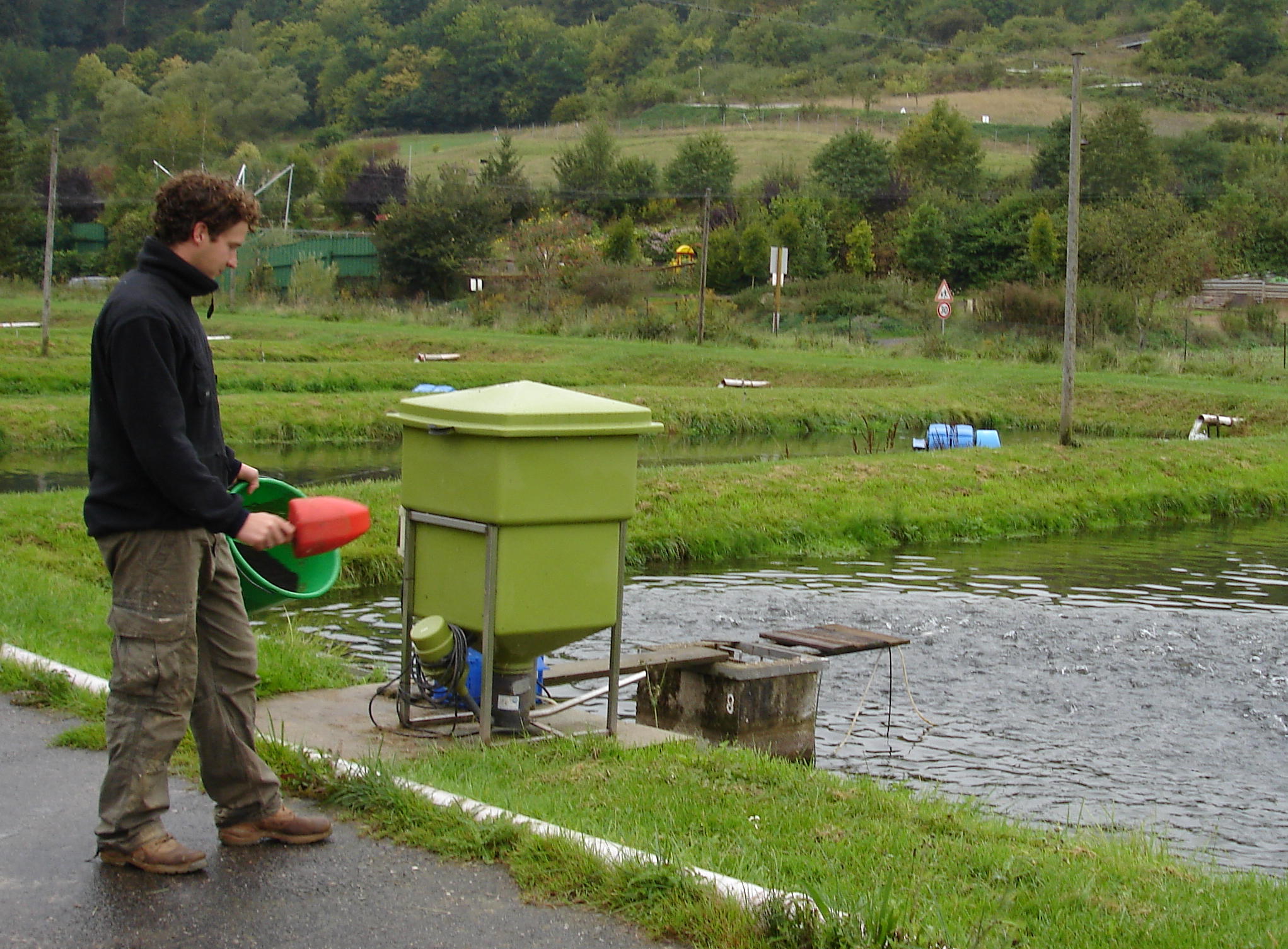
|
| We analysed the application of the new feed and its impacts towards trout farm’s profitability using the top-managed trout grow-out farms DE-TRR-80 and 500 as examples. Under different scenarios, the results show, that larger farms like DE-TRR-500 would enhance their profitability to a significant degree with the new feed. The results will be published soon.
|
Focus Group on Salmon in Ireland
|
| As part of the EU research project Climate Change and European Aquatic Resources (CERES ) we collected data of a typical Atlantic salmon net cage production system in Ireland. Thereby we gained very interesting insights into a highly professionalized aquaculture structure, which is contrasting to most of the freshwater production systems (small scale) we know in Europe.
|
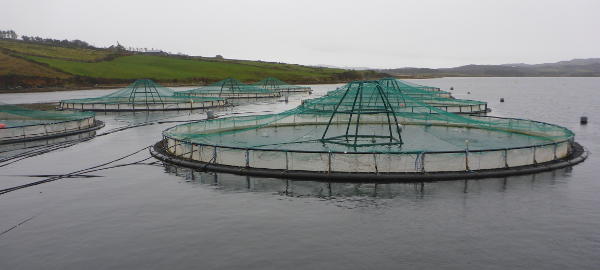
|
| Irish salmon farms are specialized in organic production, providing the biggest share of organic salmon within the EU and thereby establishing a niche to set themselves apart from their competitors Norway and Scotland. We are looking forward to collect further typical farm data within the salmon industry and the resulting comparison of the sector as well as under climate change aspects which will follow.
|
Conferences and Events
|
| From February 27th – March 1st, 2018, the special session “agri benchmark meets CERES” takes place at the Thünen-Institutes of Fisheries Ecology and Sea Fisheries in Hamburg. Experts from EU Horizon 2020 Project Climate Change and European Aquatic Resources (CERES ) discuss typical farm and vessel datasets together with the agri benchmark Fish network members and the coordination team. The special focus is on salmonids (trout and salmon), seabass and seabream production systems as well as on cod and mixed fisheries vessels.
|
| Later on in the CERES project progression, the agri benchmark datasets will be analysed according to three scenarios reflecting the impacts of climate change towards a variety of aquatic production systems on farm and vessel level in the light of environmental changes as well as different pre-defined future scenarios on society, economy and policy.
|
Did you know?
|
| In this section you find short information in regular intervals on particularities of production, sector, policy or trade in agri benchmark member countries.
|
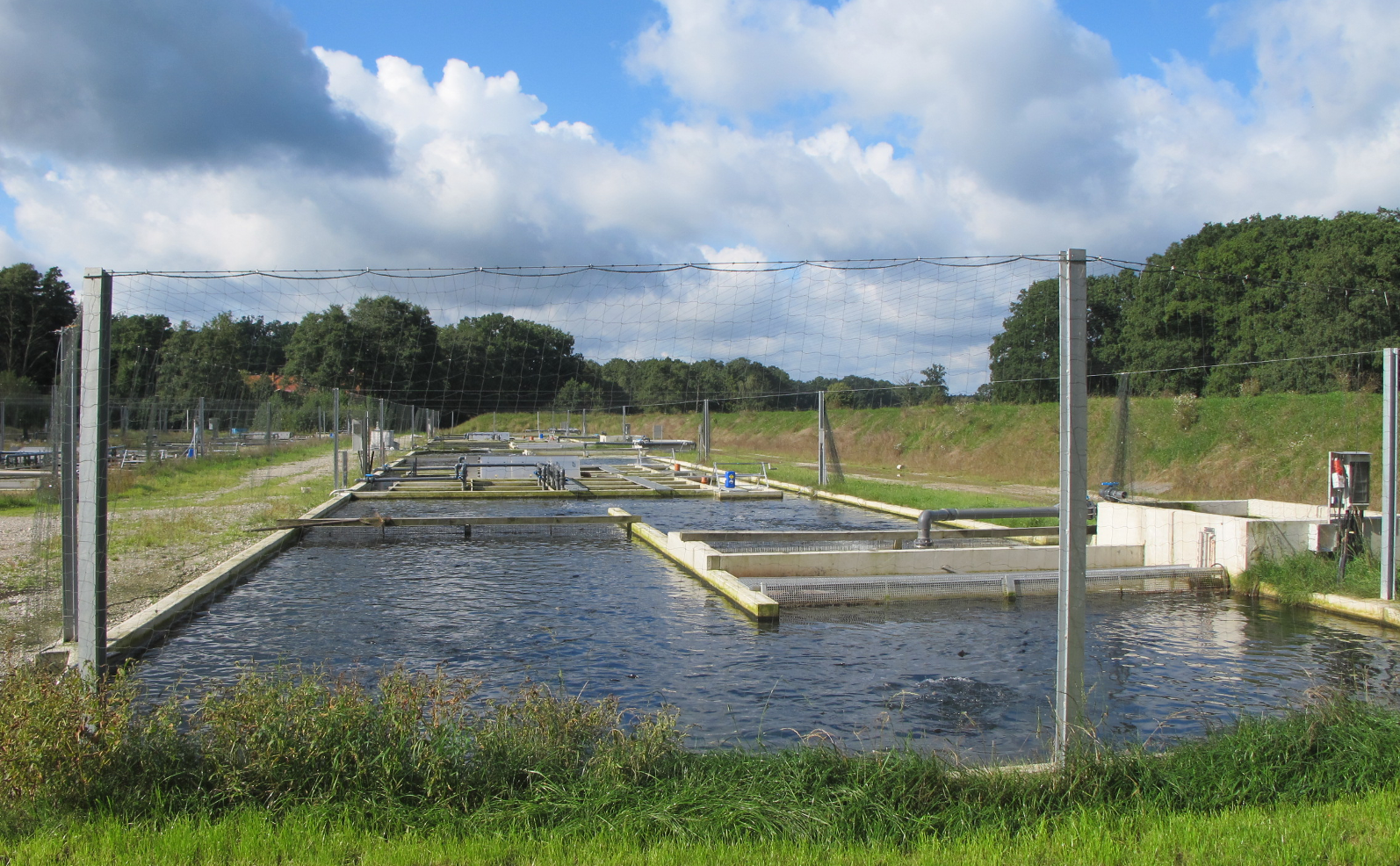
|
Danish RAS trout farms remain competitive thanks to productivity growth
|
|
| The Danish trout sector is traditionally dominated by pond aquaculture. The tightening of environmental regulations in recent decades has led to an ongoing restructuring of the Danish trout farming: Larger farms using recirculating techniques internalize the costs of effluent discharge and enhance productivity.
|
| » Read more
|
Having trouble viewing this email? View it in your browser
|